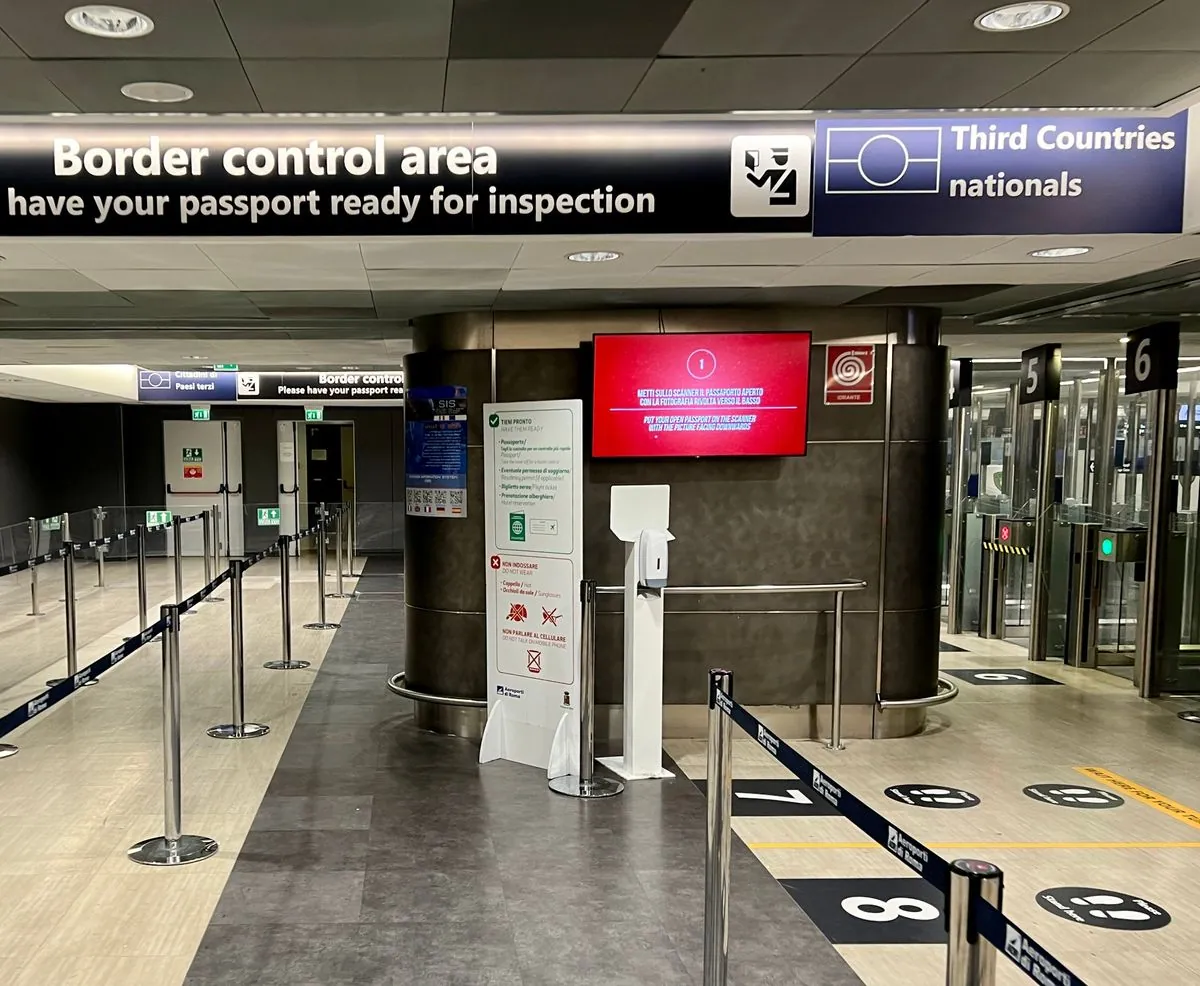The European Union has witnessed a notable decrease in first-time asylum applications, according to recent data from Eurostat. In June 2024, the 27-member bloc recorded 70,375 initial asylum requests from non-EU citizens, marking a 17% reduction compared to the same period in 2023.
Syrians, Venezuelans, and Afghans constituted the largest groups of applicants, accounting for 12%, 9%, and 8% of the total requests, respectively. This trend reflects the ongoing crises in these regions:
- Syria's civil war, ongoing since 2011
- Venezuela's socioeconomic and political turmoil since 2010
- Afghanistan's four-decade-long conflict
Four EU member states - Germany, Spain, Italy, and France - processed over three-quarters of the applications. These countries have historically been primary destinations for asylum seekers due to various factors:
- Germany's acceptance of over 1 million refugees during the 2015 migrant crisis
- Spain's position as a major entry point for Mediterranean crossings
- Italy's geographical proximity to North Africa
- France's long-standing status as a preferred destination for asylum seekers
Notably, Germany experienced a significant 27% decrease in applications, receiving 16,770 requests in June 2024. This decline coincides with the country's implementation of stricter immigration measures, including tighter border controls for six months starting September 16, 2024. These actions come as far-right political influence grows in Germany and other European nations.
The Netherlands has also introduced a moratorium on new asylum applications, reflecting a broader trend of tightening immigration policies across the EU.
It's worth noting that 2.9% of the applications were submitted by unaccompanied minors, a group considered particularly vulnerable in asylum processes. The EU has been working to harmonize asylum procedures through initiatives like the Common European Asylum System and the European Asylum Support Office.
As the EU continues to grapple with migration challenges, it must balance humanitarian obligations with political pressures. The ongoing conflicts in the Middle East and other regions suggest that asylum and migration will remain critical issues for the foreseeable future.
